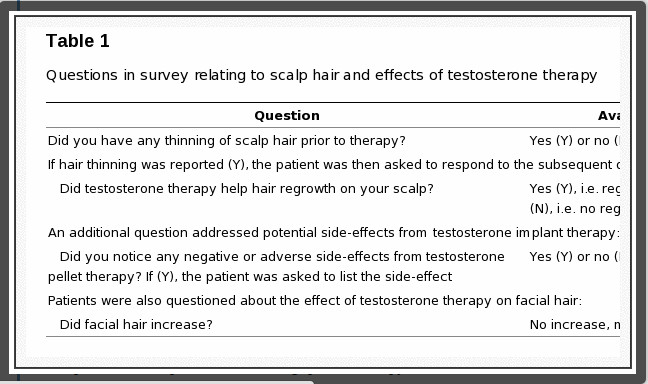Androgen Treatment May Boost Hair Regrowth in Women
A study published in the British Journal of Dermatology suggests that subcutaneous placement of testosterone pellets may boost hair regrowth in some women.
This retrospective analysis examined patients who had androgen deficiency. Of the 285 patients studied, seventy-six had some degree of hair loss prior to beginning treatment. At one year on testosterone replacement 63% reported an increase in hair regrowth on the scalp.
Androgen Treatment May Boost Hair Regrowth in Women Read More »







